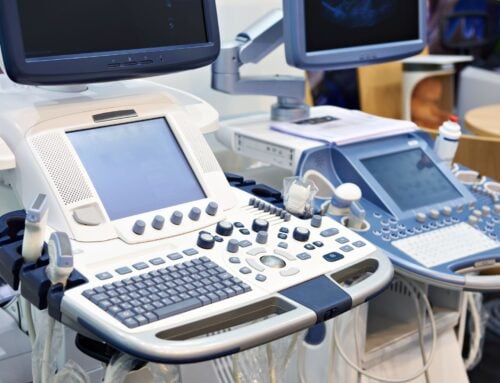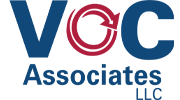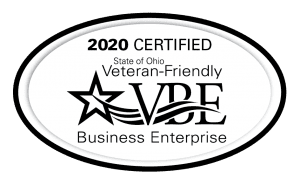Purchasing medical equipment is never easy — especially when you have a lot to buy. The process, however, is ultimately rewarding and can help you a great deal.
To achieve a seamless experience, try to incorporate the following considerations into your purchase of equipment planning:
The Right Professionals
Depending on what you’re trying to buy, ensure that you have the right professionals as part of your purchase of equipment planning committee. These include consultants, BioMed engineers, partners, logistics experts, and anyone else you may need.
A Set of Objectives
Ensure that you communicate what you hope to achieve during this process. Do you want to just purchase tools, or are you looking to train your staff on how to use them? Keep all of this in mind as you work because, at the end of the day, your objectives will help determine how you grade success.
Consideration for All Equipment
Gather a list of everything you need to buy and deliberate on whether they’re all truly required. Look into their functionalities, costs, and whether some can handle multiple tasks at the same time. This step is especially critical if you’re looking to save costs.
Standardization
During the purchase of equipment planning, it’s possible to cut costs by balancing stakeholder preferences. Your planning committee will need to combine the end user’s desire to effectively optimize medical tools with the organizational objectives. This way, they can control costs as much as they need.
By standardizing equipment across the healthcare organization, you can cut expenses. You can achieve economies of scale when purchasing equipment in larger volumes across departments, and you can also speed up training for workers.
Eventually, standardization will cut costs for everyone. For instance, a nurse won’t need to know how to work different types of pumps if all the hospital’s pumps are from the same manufacturer. When you need several parts and components, you can narrow things down to one manufacturer and expedite the purchase process.

Moderately Priced Additional Functionalities
Often, the purchase of new medical equipment will go beyond just the tools themselves. Many hospitals also look to add functionalities to ensure that equipment works effectively.
In truth, this isn’t so bad. To save lives, you need your equipment to be as effective and optimal as possible. However, many hospitals tend to fall into the trap of buying devices with too many bells and whistles. They pay way more than they should for these functionalities at the end of the day.
To protect yourself, ensure that your equipment has everything it needs to work well, but don’t get too caught up in this that you end up forgetting to spend wisely. Do your research to find out what you need, and don’t pay for more than this.
Supplier Relationships
It’s critical to have great relationships with your suppliers. Aside from the fact that they can help you with discounts, you’ll also be able to save yourself the headache when the time comes once again to purchase items in the future.
Vendor-neutral Third-party Agents
One of the most important aspects of the purchase of equipment planning is to find the right partner to handle logistics and other aspects.
Keep in mind that purchasing medical equipment can be incredibly overwhelming. To be on the safe side, you’ll need to have the right partner to help you examine the cost of ownership, transportation, and more. You’ll also need to ensure that all partners are present while you make decisions.
An Independent Consultant
Most hospitals look to get independent consultants as part of the purchase of equipment planning. With an independent consultant, you can ensure that no part of the deal moves forward without everyone’s consent. These professionals also ensure that the planning process considers the best interests of everyone before you can reach a final decision.
VOC Associates
Our team of professionals at VOC Associates have years of experience setting up equipment for single and multiple facilities. Visit our website or call (216) 496-6884 today!







